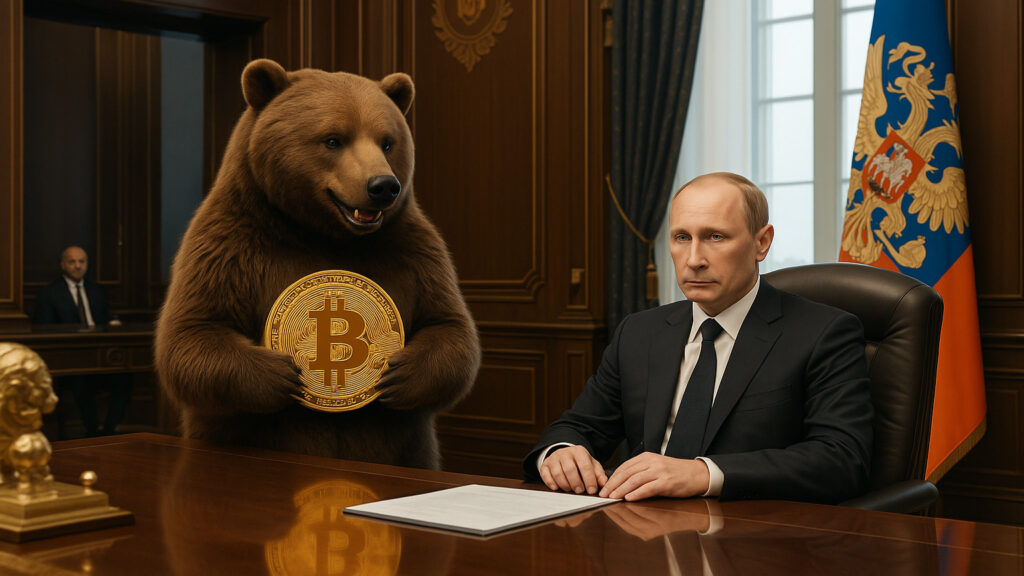In a significant development for cryptocurrency markets, the Moscow Exchange (MOEX) has introduced Bitcoin ETF futures trading, marking a pivotal step in Russia’s evolving stance on digital assets. This move allows qualified investors to gain exposure to Bitcoin through futures contracts linked to the iShares Bitcoin Trust ETF (IBIT), a U.S.-based Bitcoin spot ETF.
Key Details of the Launch
- Launch Date: June 4, 2025
- Product: Futures contracts based on the IBIT ETF
- Eligibility: Exclusively available to qualified investors
- Settlement Currency: Contracts are priced in U.S. dollars, with settlements processed in Russian rubles
- Contract Expiry: The first contract is set to expire in September 2025
These futures contracts are structured as quarterly investment instruments, providing a regulated avenue for investors to speculate on Bitcoin’s price movements without directly holding the cryptocurrency.
Context and Implications
This initiative aligns with Russia’s broader strategy to integrate cryptocurrency into its formal financial system. In April 2025, the Moscow Exchange announced plans to launch a dedicated crypto exchange, albeit catering only to “super-qualified investors,” as stated by Finance Minister Anton Siluanov. Additionally, in May 2025, the Bank of Russia authorized financial institutions to offer crypto products to qualified investors, further indicating a shift towards regulated crypto trading.
However, the central bank maintains a cautious approach, advising against retail participation in digital asset markets. While institutions like Sberbank have begun offering investment tools tied to cryptocurrencies, direct retail access remains limited.
Market Reactions
The introduction of Bitcoin ETF futures on the Moscow Exchange has garnered attention from institutional investors seeking exposure to digital assets within a regulated framework. The IBIT ETF’s inclusion among the top 25 ETFs globally by assets under management underscores the growing institutional interest in Bitcoin.
However, retail investors have expressed skepticism, noting that these futures contracts are not direct investments in Bitcoin but rather derivative instruments. Some critics argue that the products offered are mere imitations of U.S.-based ETFs and do not significantly impact the global crypto market.
Conclusion
The Moscow Exchange’s launch of Bitcoin ETF futures trading represents a notable development in Russia’s approach to cryptocurrency regulation. By providing qualified investors with a regulated platform to engage with Bitcoin, Russia is positioning itself as a potential hub for institutional crypto investment. However, the limited access to these products for retail investors and the cautious stance of the central bank suggest that the path towards broader crypto adoption in Russia remains cautious and measured.
